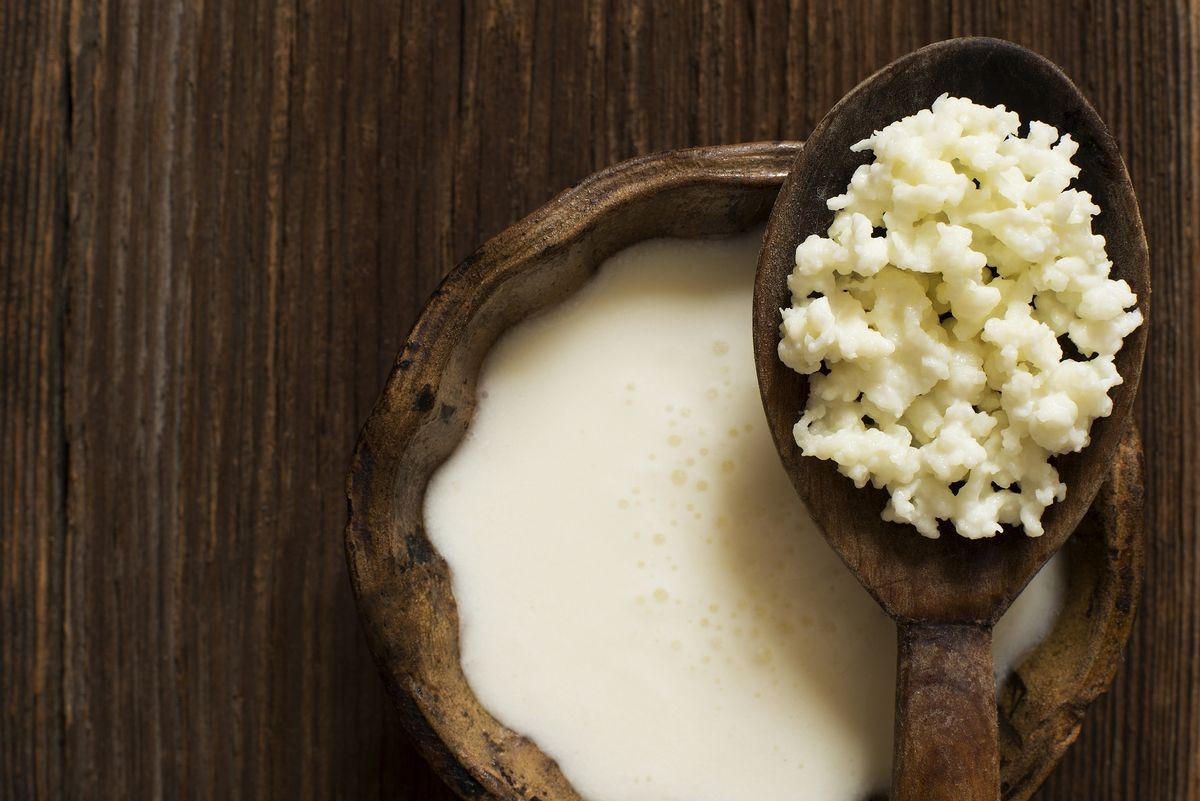
Contents
Kombucha vs Kefir: Which is Better?
Kombucha is a fermented, tea-based drink, while kefir is traditionally made from milk. Both have their own benefits, so the choice between them depends on your specific needs and dietary requirements.
A healthy digestive system has a significant impact on your overall well-being. It can provide you with more energy and a better quality of life. On the other hand, a sluggish digestive system can lead to various issues like bloating, cramps, hemorrhoids, and nausea. Adding probiotics to your diet can help improve digestion and alleviate these problems.
Kefir and kombucha are two fermented drinks that promote gut health. They contain a blend of yeast and bacteria that can aid digestion and reduce bloating.
Kombucha is a tea-based beverage that comes in different colors and can be carbonated. It is made by fermenting black or green tea with bacteria and yeast. During fermentation, it can develop a thin film, sometimes called a SCOBY, which can be used as a starter for making more kombucha.
Kombucha contains yeast, bacteria, and acids that contribute to a healthy digestive system.
What is Kefir?
Kefir is a fermented drink traditionally made from milk, though it can also be made from water. It originated in the Caucasus mountain region and is commonly consumed in Eastern Europe, Southwest Asia, and Russian cultures.
Kefir is made by fermenting milk with various yeasts and bacteria. It can also be made from sheep’s milk, soy milk, and other alternatives. The commercially available kefir is usually made from cow’s milk.
Kefir is characterized by a slightly tangy taste and can be enjoyed as a thin yogurt drink.
Benefits of Kombucha
Kombucha offers several health benefits:
– Reap the health benefits of green tea, which include improved mental alertness, digestion, weight loss, and reduced headaches.
– Decrease inflammation in the body, thanks to the plant compounds found in kombucha.
– Benefit from the antioxidants naturally present in kombucha.
– Enjoy a mini detox, as kombucha contains fermented acetic acid that helps eliminate bad bacteria and detoxify the liver.
– Potentially improve cholesterol levels and reduce the risk of heart disease.
Benefits of Kefir
Kefir provides several benefits:
– Contains over 50 different types of beneficial bacteria and yeast, making it superior to yogurt as a probiotic.
– Offers high nutritional value, including protein, calcium, vitamins, and minerals, with low calorie content.
– Can be consumed by individuals with lactose sensitivity, as it has a lower lactose content.
– Helps ease digestive issues and promotes smooth digestion.
– Potentially reduces allergic and asthmatic reactions.
Which Drink is Better?
Both kombucha and kefir have their own unique benefits for digestion and gut health. It ultimately depends on your specific needs and dietary requirements. If you’re lactose intolerant, opting for a water-based kefir or kombucha would be a suitable alternative.
It’s important to note that more research is needed to fully understand the benefits and drawbacks of these drinks. It is recommended to consult with a healthcare professional or nutritionist to determine which drink is the best fit for your diet.
Probiotic Precautions
When consuming probiotic drinks like kombucha and kefir, it’s important to stay within recommended limits to avoid adverse effects. Overconsumption can lead to intestinal issues, headaches, and nausea.
Specific groups, including pregnant individuals, children, those with liver disease or compromised immune systems, and individuals dependent on alcohol, should avoid consuming kombucha.
It’s important to be cautious and consult a doctor if you experience unexpected reactions or have underlying health conditions. Homemade fermented drinks should be obtained from reliable sources to ensure safety and quality.
References:
BMC complementary and alternative medicine: "Hypoglycemic and antilipidemic properties of kombucha tea in alloxan-induced diabetic rats."
Brazilian Journal of Microbiology: "Microbiological, technological and therapeutic properties of kefir: a natural probiotic beverage."
Cleveland Clinic: "What Are Kombucha’s Health Benefits (and How Much Can You Safely Drink)?"
Food microbiology: "Sequence-based analysis of the bacterial and fungal compositions of multiple kombucha (tea fungus) samples."
Frontiers in Microbiology: "The Microbiota and Health Promoting Characteristics of the Fermented Beverage Kefir."
Immunobiology: "Anti-inflammatory and anti-allergic effects of kefir in a mouse asthma model."
International Journal of Food Microbiology: "Kombucha tea fermentation: Microbial and biochemical dynamics."
Journal of the American Dietetic Association: "Kefir improves lactose digestion and tolerance in adults with lactose maldigestion."
Mayo Clinic: "What is kefir? – Mayo Clinic Minute."
Mycoses: "The yeast spectrum of the ‘tea fungus Kombucha’."
NIH, NICCIH: "Green Tea."
Osmosis: "Lazy Bowel Syndrome."
USDA: "Kefir, lowfat, plain, LIFEWAY."


